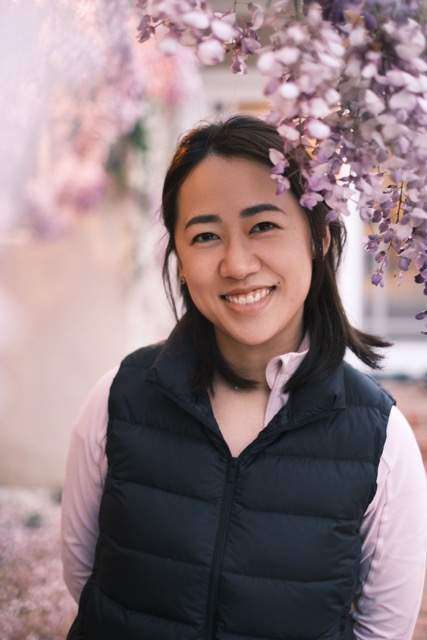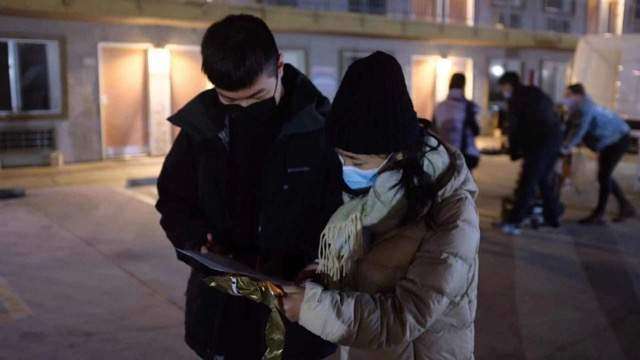
The reality of creating a film is not the glamorous and self-indulgent experience that most of us are led to believe. Yes, it’s creatively more fulfilling than many careers but that doesn’t mean there is an absence of incredibly long hours with frustrating obstacles. Professionals in this vocation feel a compulsion to pursue this path; professionals like Cindy Wu. In her role as a film producer, Ms. Wu often bears the greatest challenges and responsibilities of a film. When something needs to happen or an obstacle impedes the entire production, Cindy is the sole person tasked with ensuring goals are met. During 2021, she partnered with director Hongshi Zhong to create the award-winning film Toad. Beyond the typical challenges, Toad was filmed at night in winter and during the pandemic! The realization of this film required far more than most. Proving herself to be a passionate artist at her core, Cindy confesses, “I hopped on this project based on gut instinct, without my usual consideration. I had faith in the core value of the message and the story from the beginning. I truly believed this film would be worth making because I had a sense that it would not only make an impact on the audience, but on myself and the director as well.” That intuition was proven true as Toad has been lauded internationally at numerous festivals such as 55th WorldFest-Houston International Film Festival, 19th International Festival Signs of the Night Paris, 9th Chongqing Youth Film Festival, 52nd USA Film Festival, and others. This international audience confirms Cindy Wu’s belief that some stories resonate regardless of race, language, or borders; proving film to be a powerful form of unification.

Toad is a story about self-discovery as much as it is about family told through the life of a young woman named Mia. Mia discovers she is pregnant but doesn’t reveal this to her live-in boyfriend because her estranged father has called her for help. Learning that her father is dying and needs help setting up funeral plans, Mia is dutiful though not quite sincere in her desire to aid. She has a vision of who her father is in her mind and, through the process of helping him make plans for his burial, Mia discovers him to be more than the definition of him which she has held onto for so many years. Toad is both a coming-of-age and an end of life story, but one which begs us to consider that those closest to us are more than the convenient label we have chosen to place on them. This film is heartbreaking and inspiring at the same time; incredibly mature in the way that it communicates the lesson it aspires to impart. Though she instantly connected with the idea of the story, Ms. Wu worked with the film’s director to unearth the most impactful elements. She informs, “At first, I understood the story, and the emotion Hongshi wanted to show but I knew there was more potential for emotional power. We went through rounds of discussion trying to understand who the characters are. The later drafts were very satisfying, and the emotional outburst at the end was amazing. We were able to keep Hongshi’s subtle and delicate style, incorporate that into the characters, but also tell compelling and captivating stories for the audience.”
One small scene in Toad encapsulates the essence of making a film during the pandemic. Ironically, it’s not what is displayed in this scene in the film but rather what went into making it. During a very brief cutaway scene in which Mia’s father takes her to the mother’s grave site, a number of people, who we assume to be mourners at other grave sites, are seen. Cindy reveals that a last minute location cancellation led to the shooting schedule being rearranged. Ms. Wu asked the entire crew to dress in black and appear in this scene, safely distanced due to Covid safety protocol, and strategically face away from the camera to appear as extras in this scene. The producer remarks, “The pandemic exacerbated the challenges of making a film. I often had to make instant changes and decisions. Though this was such an incredibly challenging time to be making a film, what I’ll remember is how we all bonded over this. No one wanted to be anywhere else. I made sure everyone was feeling safe, comfortable and okay with how things are handled, and I’ve never been more proud to do my job.”
Writer: Basil Thomson